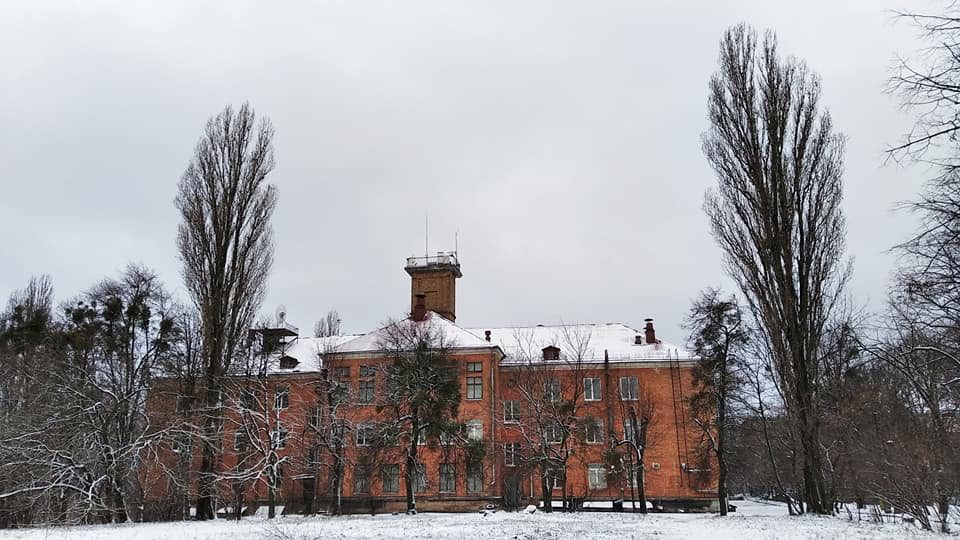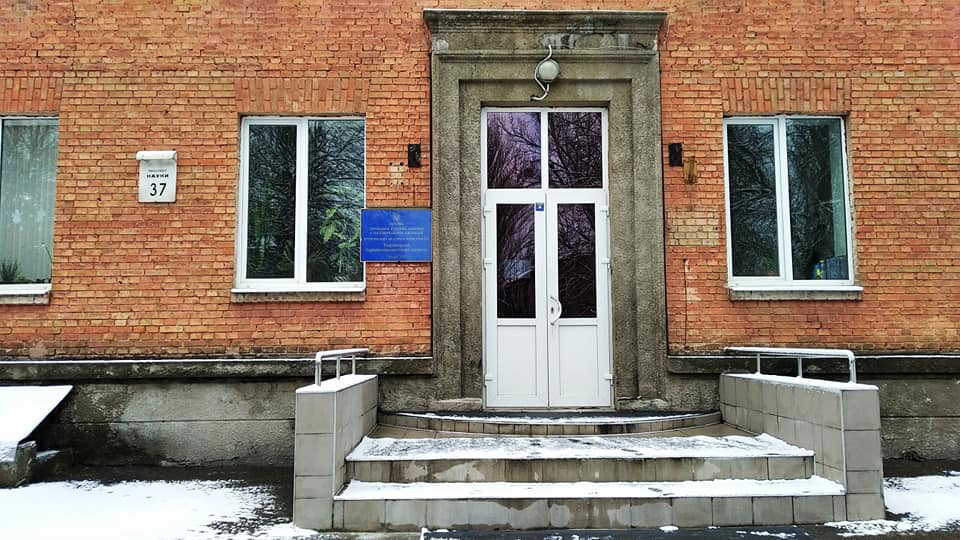Every weather analysis is a detective story. How meteorologists work
On International Meteorological Day, we explain why it doesn't just involve the weather for the week and the likely rainfall. What do meteorologists actually do?

Photo Unplash
Today, March 23, is the International Meteorological Day. We encounter the results of meteorologists' work every day when we're leaving the house; thanks to them, we escaped the risk of getting wet in the rain hundreds of times, taking an umbrella with us or finding out when spring is coming; and we are anxiously waiting for the warmth to come.
So today we decided to find out how meteorologists work. We asked Vira Balabukh to explain; in 1987 she graduated from the Department of Meteorology and Climatology of the Taras Shevchenko State University of Kyiv majoring in meteorology and came to work at the Ukrainian Research Hydrometeorological Institute in the Department of Numerical and Synoptic Research. For almost 35 years she's been working in her specialty, growing from engineer to head of department.
"I became a meteorologist by accident," says Vira Balabukh. "As a child, I dreamed of being a geologist, and after graduating from school, I wanted to study at the university's geological faculty. However, my mother was absolutely against it, and I applied to the Faculty of Geography, the admissions committee of which was nearby, to the Department of Meteorology and Climatology. And there was an enormous competition for this specialty, but I entered and never regretted I'd made such a choice, although there were tough times, especially in the 90s."
This publication is available in Ukrainian and Russian. The English translation hasn’t been produced yet. Support us to make the translation faster - follow the link for instructions








